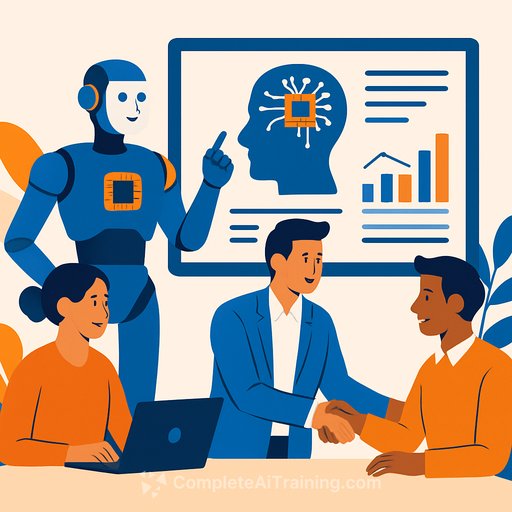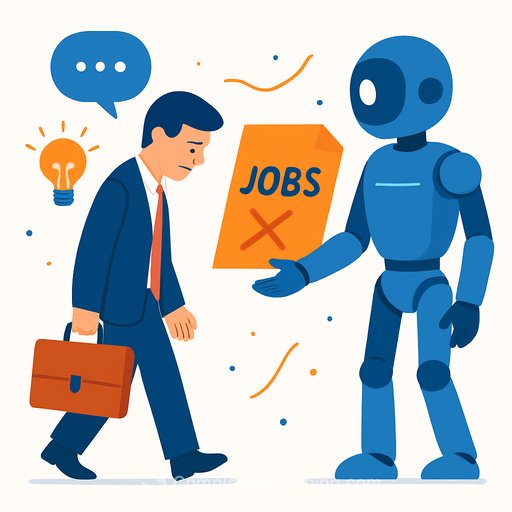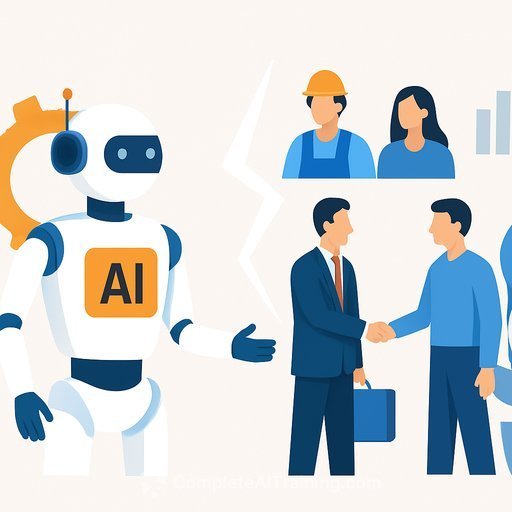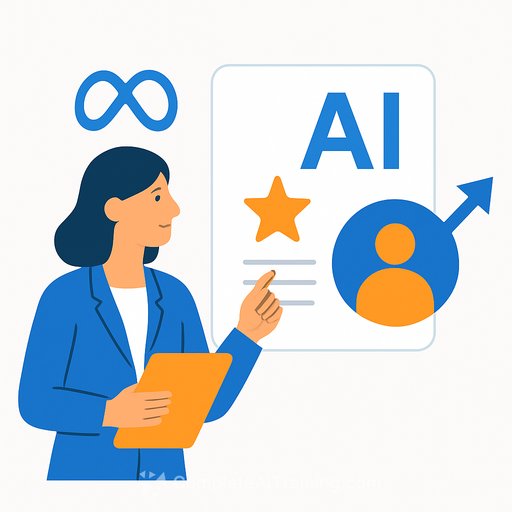AI Adoption in New Zealand: What HR Needs to Know
AI use in New Zealand workplaces is still low. According to a recent Randstad report, only 20% of workers currently use AI in their roles, a slight increase from 11% the previous year. This slow uptake means many organisations have yet to tap into AI's potential to improve productivity and hiring processes.
One major obstacle is the siloed use of AI technology. Many teams or departments adopt AI tools independently, limiting company-wide benefits. However, recruitment is an area where AI has already made a noticeable difference.
How AI is Changing Recruitment
AI helps recruiters streamline candidate screening and assessment. Some of the key uses include:
- Enhancing recruitment strategies
- Automating initial candidate screening to save hours of manual work
- Improving assessments through online tests and behavioural analysis
These tools give recruiters deeper insights into candidates' skills and qualifications, allowing more informed decisions. According to Randstad's survey, 39% of workers report AI has positively impacted their jobs, with fewer experiencing negative effects.
Transparency remains critical. For example, Air New Zealand recently partnered with ChatGPT developers to expand AI use, highlighting a growing trend in the ANZ region.
Balancing AI with Human Interaction
Job seekers are increasingly relying on AI for tasks like writing cover letters. While AI-generated content can help, recruiters must remember that assessing a cover letter is only one step. Maintaining direct, human contact—such as phone calls and personal interviews—stays essential.
AI-driven preliminary interviews can be useful but should not replace genuine human conversations. These tools serve as aids, not substitutes for real engagement.
Human oversight is key to ensuring AI supports fair and effective recruitment. HR leaders should encourage upskilling within their teams and promote continuous learning to keep pace with AI integration.
Investing in Skills for the Future
AI is becoming a standard part of information and technology workflows. Putting skills development at the core of your HR strategy is crucial. Combining formal training with informal, team-led learning creates an environment where employees can confidently adopt AI tools.
Nearly half of hiring managers in New Zealand are now looking for new skills driven by AI adoption. HR teams that focus on skill-building will be better positioned to support their organisations through this shift.
For practical AI training resources tailored to HR professionals, explore Complete AI Training’s courses by job role.
Your membership also unlocks:






